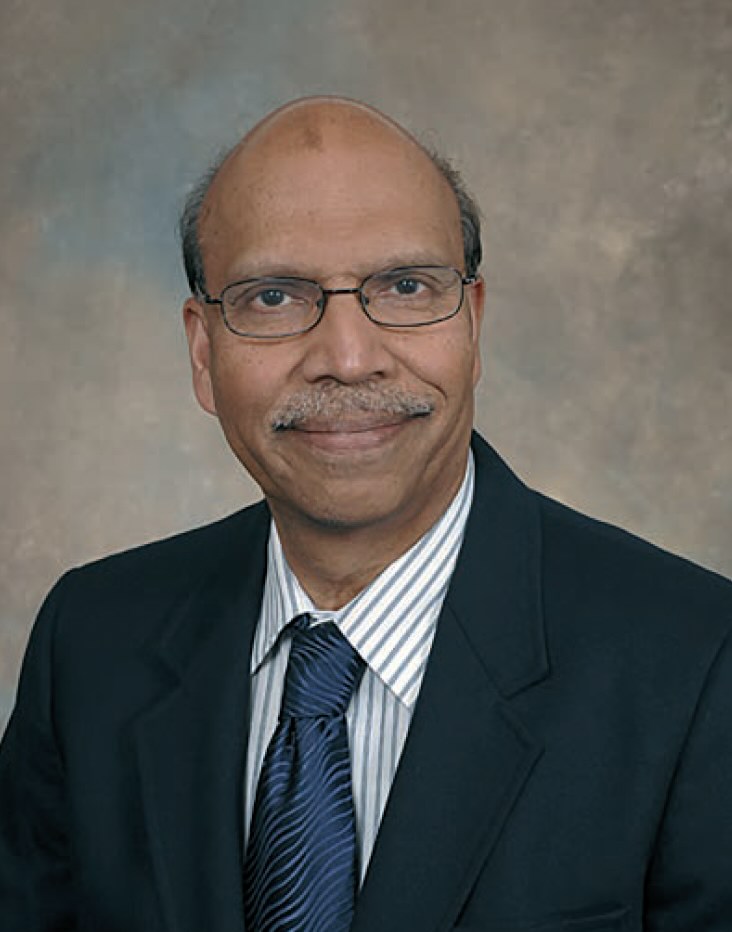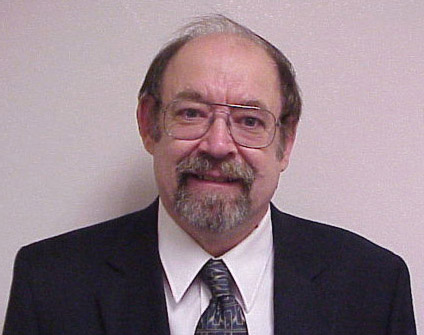About the Instructors
 K.P. Ananth, PhD
K.P. Ananth, PhD
University of Cincinnati
Dr. Kavssery P. Ananthapadmanabhan (K.P. Ananth) is a professor and the director of the Cosmetic Science Program at the College of Pharmacy at University of Cincinnati. Ananth obtained his B. Tech from Indian Institute of Technology in Mumbai in 1974. He obtained his MS and D. Eng. Sci. degrees in 1976 and 1980 respectively from Columbia University in New York, specializing in surfactants and colloids. Ananth spent 3 years as a post-doctoral fellow and adjunct faculty at Columbia University and then joined Union Carbide Corporation, at their Surface Chemistry Skill Center in Tarrytown, New York. In 1990, Ananth moved to Unilever R & D, initially in Edgewater, NJ and then in Trumbull CT and spent the next 26+ years in various capacities in the personal care area including leading their longer-term skin cleansing research. He is an author/co-author in 120+ publications and 35+ patents. He also co-edited a book titled, “Interactions of surfactants with polymers and proteins: with Des Goddard. Career achievements include Unilever's Lifetime Achievement Award for Contributions to Science in 2016. After retiring from Unilever in 2016, Ananth joined the College of Pharmacy as a professor and director of their Cosmetic Science program.
 R. Randall Wickett, PhD
R. Randall Wickett, PhD
University of Cincinnati
Dr. Wickett holds a Ph.D. in Biophysics from Oregon State University. During his industrial career he worked at Procter and Gamble and the SC Johnson Company performing research on skin and hair care products at both companies. Since 1991 he has been at University of Cincinnati and is now Emeritus Professor of Cosmetic Science in the James L. Winkle College of Pharmacy. He has had an extensive consulting practice for more than 25 years. Dr. Wickett has authored more than 120 scientific publications and several patents and given more than 100 invited presentations. He is a Fellow of the Society of Cosmetic Chemists (SCC) and has received numerous technical awards from the SCC including the Maison G. de Navarre Medal Award, the SCC’s highest honor for technical achievement. He was editor of the Journal of the Society of Cosmetic Chemists from 1991 to 1997, chairman of the International Society for Bioengineering and the Skin from.2000-2005, is past President of the SCC (2011) and is currently chairman of the International Society for Stratum Corneum Research.